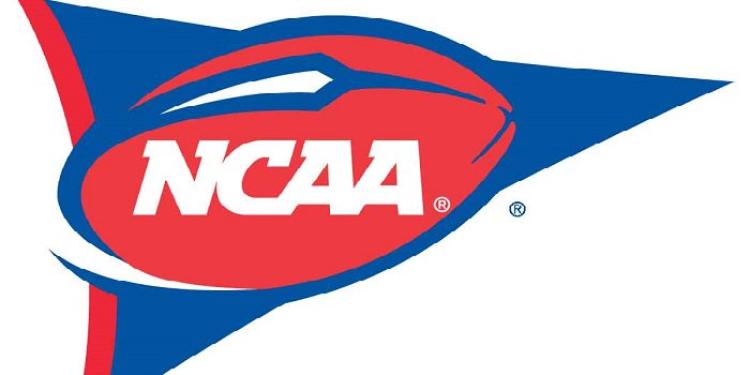The Paid Student Athlete Dilemma (part3)
Posted: June 30, 2015
Updated: October 6, 2017

A look into what defines “amateurism” and its effect on college sports
If anybody has ever gone to or watched an American Collegiate Sports event, they would obviously be drawn to the amount of excitement that goes along with it. People travel from all over the country to cheer for the University they attended. And of course fans would use online sportsbooks in the US, when allowed. These Universities provide a social diaspora that brings about a sense of nostalgia combined with a spirit of competition.
• An amateur is defined as “one who engages in sport solely for the pleasure.”
• Greek Olympians were in fact given money, women and real estate
• College athletes have to re-sign a yearly contract saying they won’t take payment
Not only are tickets sold but almost everything else as well. This includes soft drinks, beer, hotdogs, nachos, coffee, ice cream and popcorn which are all sold at a premium cost. Shirts and other clothing that continuously advertise through their embroidered school logos “fetch” anywhere from USD 60 and up. A lot of money is made. Where is it going? And it all centers around a group of athletes who won’t get a penny of it because NCAA officials claim that payment would ruin the “purity of the sport.”
The reality behind the word amateurism

It’s undeniable that college sports have a vigor and vitality unseen in professional sports. The exuberance that comes from alumni that carry the spirit of an institution cannot be compared to anything. Young men and women competing for the glory of the school defines “purity.” An amateur is defined as “one who engages in sport solely for the pleasure and physical, mental, or social benefits he derives there from and to whom sport is nothing more than an avocation.”
In short, amateurism means playing for the love of the game and not the money. Many people relate amateurism to the Greek Olympians who supposedly played for the overall benefit sport brought to themselves and the populace. This is highly inaccurate because Greek Olympians were in fact given money, women and real estate. The best athletes have and always will be paid in some form or another. In England in the 19th century golf, rugby, baseball, cricket and tennis were developing simultaneously.
Sports betting was common among the elite. The ruling classes and the aristocrats who enjoyed sports wanted to keep working class people separated from these activities in order for them to make money playing them. So they redefined the idea of amateurism in order to secure their interests. Some sports such as golf and tennis were able to maintain their “mystique” of higher class status even to this day. These tenets of British tradition travelled and became the pillars upon which American sports were founded.
The American Ivy League, steaming from colonial times, upheld amateurism. Students from Harvard, Yale and Princeton would run, organize and play football as a recreational activity devoid of any organized fanfare. It was along this premise that students weren’t playing for money. People gravitated to these games with their own interest and soon college sports spread from the Ivy League to the rest of the United States.
Paying college athletes was a standard practice long ago

Before long, football became an American obsession and Universities took control and began to generate profit. Since an organized ruling system for recruitment was non-existent, colleges would scout the best players for their teams whether they were students or not. As a result the colleges would pay athletes “under the table” to play for their schools.
In 1939, players from the University of Pennsylvania football went on strike because they didn’t think it was fair that the upper class players were getting higher salaries. Scandals started to erupt early on and Universities became worried. In retaliation, Athletic directors and University presidents were seriously contemplating offering free educations to athletes to reduce incentive to take money. Soon this idea swept the country and holds firm to this day.
Every year, student athletes have to re-sign an NCAA contract saying they will not accept payment. There’s a giant discrepancy involving students who work and student athletes. University Students often work in student facilities in all colleges throughout America. These students often get reductions in education plus salary. The salaries of students can as high as USD 5,000 a year. Though the sum is small, if a basketball or football players were to receive this much money there would be a scandal making US gambling news.
Jay Bilas, college basketball analyst, commented about the function of amateurism. “What does amateurism provide for the athlete? Is the athlete a better student, a better person, a better athlete by virtue of their amateurism? I think the answer is no. A star English student isn’t told, if you write a book you can’t keep your scholarship.” There definitely seems to be a double standard when it comes to academics versus athletics.












